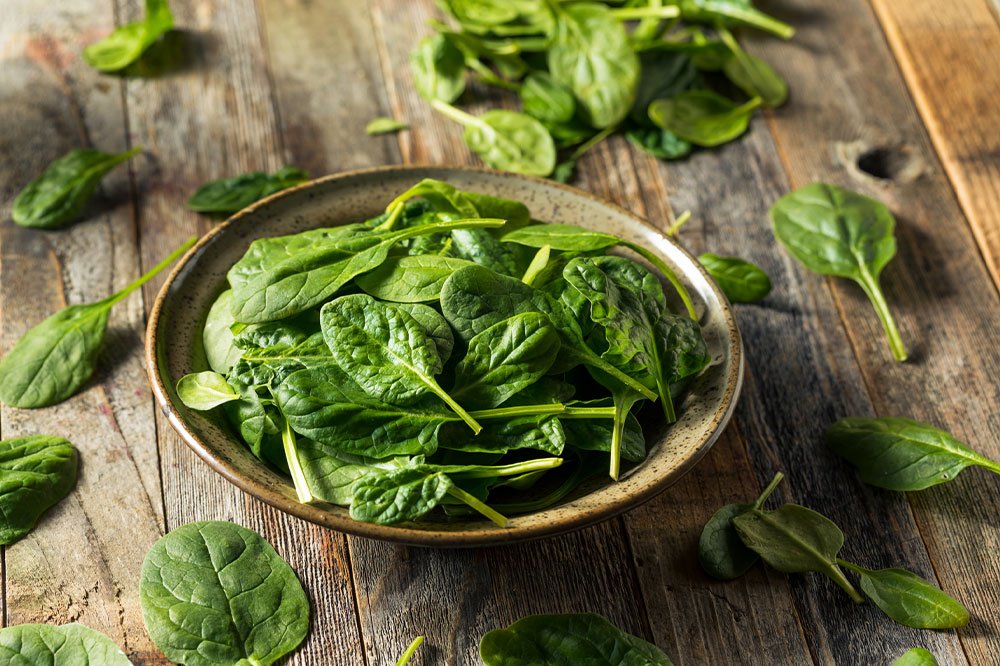Macular degeneration – Foods to eat and avoid

Macular degeneration is an eye disease that leads to loss of central vision. It develops when the retina’s central portion (macula) gets damaged. While the condition can affect anyone, those over 60 are at a higher risk of severe complications, including permanent legal blindness. Thankfully, treatment, along with proper nutrition, can help slow down the progression of macular degeneration. Read on to learn about the foods patients should eat and avoid.
Foods to eat
Spinach
Spinach is a leafy green vegetable full of antioxidants like carotenoids, lutein, and zeaxanthin. These compounds are essential for eye health as they protect the cells from getting damaged, slowing down the progression of macular degeneration. Besides spinach, patients can also increase their intake of other leafy greens, such as kale, broccoli, and Swiss chard.
Oranges
Oranges are a potent source of vitamin C, an essential nutrient that enhances eye health. Vitamin C helps build collagen, the protein responsible for improving blood vessels in the eyes and as well as the body. Other vitamin C-rich fruits that double up as healthy macular degeneration foods include sweet lime, pineapples, and berries.
Nuts
Omega-3 fatty acids found in almonds, walnuts, and Brazil nuts can help fight the symptoms of macular degeneration, slowing down the disease’s progression. Nuts also fight cholesterol, a factor that contributes to the disorder.
Foods to avoid
Whole milk
Whole milk has a lot of fat, which must be avoided. Fat clogs the blood vessels over time, affecting the eyes. Cheese and full-fat yogurt are also macular degeneration foods with similar effects.
Palm oil
Palm oil contains excessive fatty acids that are heavy to digest. One can replace it with healthy fat oils like olive oil, flaxseed oil, or peanut oil. These varieties prevent the arteries and blood vessels from narrowing down.
Besides having the above macular degeneration foods, one can manage the disease with proper treatment.
Avastin® (bevacizumab)
Studies claim that regular doses of bevacizumab (1.25 mg per dose) for at least a year can help improve vision.
LUCENTIS® (ranibizumab)
This injection helps treat age-related macular degeneration (AMD). It stops abnormal blood vessel growth and prevents leakage in the eyes.
EYLEA® (aflibercept)
A treatment for wet AMD, aflibercept injections keep new blood vessels from forming under the retina, preventing blood or fluid leakage.
BEOVU® (brolucizumab-dbll)
BEOVU® (brolucizumab-dbll) by Novartis is an injection for neovascular wet AMD. It is a vascular endothelial growth factor (VEGF) inhibitor.
Retinitis pigmentosa is a rare and inherited condition where the photoreceptors of the eye fail to work.There is no definite cure for retinitis pigmentosa correction; however, treatment options help prevent loss of sight. Options like Acetazolamide and vitamin A palmitate help in slowing down the progression of the condition and managing its symptoms. Doctors also recommend using special sunglasses to avoid further damaging the photoreceptors. A more radical approach involves retinal transplant as an option for retinitis pigmentosa correction.



